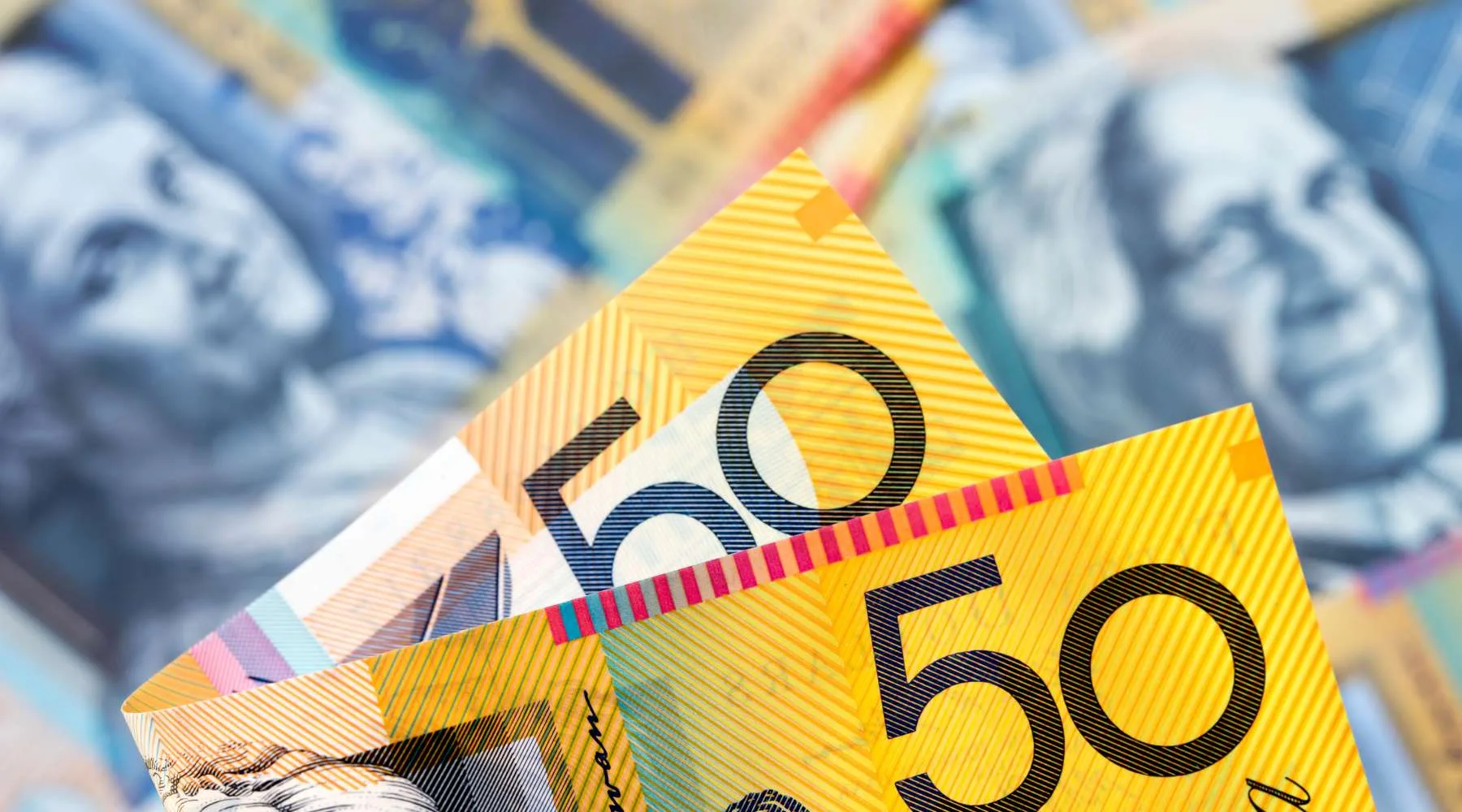Can businesses legally refuse to accept cash in Australia?

Does "legal tender" mean you can always pay with notes and coins?
News that the government is considering a ban on debit card surcharges from 2025 reminds us that paying by cash is the one payment method that doesn't generally attract a surcharge.
Physical cash use has been declining for decades, but cash remains the basis of our economy. But does that mean all businesses have to accept cash payments?
The belief that cash is "legal tender" and can't be refused by any business is very widespread. However, it's simply not true in Australia. Businesses can choose to accept payment in whatever form they like.
The Reserve Bank of Australia (RBA) covers this topic in detail on its website:
"Australian banknotes and coins do not necessarily have to be used in transactions and refusal to accept payment in legal tender banknotes and coins is not unlawful. For example, some vending machines, parking meters and road toll collection points indicate by signs that they will not accept low denomination coins. Some road toll collection points indicate that they will not accept any cash at all. If a provider of goods or services specifies other means of payment prior to the contract, then there is usually no obligation for legal tender to be accepted as payment."
While that example talks about coins, this is equally true of credit card or EFTPOS payments. You can't insist that a business or service provider takes payments in cash, and this has always been the case legally in Australia.
It's true that most businesses will choose to take as many payment options as possible, to maximise their potential customer base. But there's no legal requirement for them to do so.
Since the coronavirus pandemic, we've seen a big surge in businesses only accepting card payments. We've also seen a decline in how often we use cash.
A massive 42% of Australians use cash once a month or less, Finder research shows. And while 44% of us say we do use cash at least weekly, that doesn't mean we use it all the time.
According to the RBA, just 13% of transactions in Australia are made with cash, and those account for just 8% of all transactions by volume.
The most common industries that only take cash payments are hairdressers, plumbers and child minders, RBA research found.
According to Commonwealth Bank data, cash withdrawals dropping by 51% between 2018 and 2023.
Do laws about legal tender in Australia vary by state?
In Australia, laws regarding currency apply nationwide, no matter which state or territory you live in.
That's different to the US, where some cities and states do have laws that make it illegal to refuse to accept cash.
On social media, I've seen people share US examples and suggest that this also applies in Australia. That's not correct.
Do businesses have to offer a surcharge-free option?
An important related law: businesses are allowed to impose a surcharge for payments made by credit card or through credit card networks, but that surcharge can't exceed the actual cost of processing. If the business pays 1% for credit payments, it can only surcharge 1%.
And it's not true that businesses must offer a surcharge-free option. Again it's a sensible practice to do so, and if a business is only allowing payments by credit card and always charging a surcharge, it's simpler just to incorporate those surcharges into its overall pricing. But provided the business is up-front about what the charges are and the total cost you'll pay, there's no legal obligation in Australia to offer an alternative.
Of course, many businesses charge nothing, and choosing those is wise. We've got tips on how to minimise or avoid those surcharges.
One other thing. Even businesses that choose to accept cash can refuse to accept large numbers of coins.
No business is obliged to take more than $5 in 5 cent, 10 cent, 20 cent or 50 cent coins, more than $10 in $1 coins or more than $20 in $2 coins. This video explains the rules further:

Trying to spend less right now? Check out all our guides to dealing with the rising cost of living.
We updated this guide in October 2024 with information on proposed credit card reforms.
Sources
Ask a question

If you take a trailer load of rubbish to our local tip and the only means you have of paying the fee is by cash you will not be allowed to unload the rubbish , card only is the method of payment.
So what are the options for disposing of the rubbish ?
In this case, you’ll need a card to do it. You could use a Visa or Mastercard gift card if you don’t have a credit/debit card or don’t want to use it in this context.
In South Australia, is a restaurant legally allowed to ask for you full credit card details, including CVS/CVV, when making a reservation?
I went online to make a booking for a date six weeks away, but stopped when this was requested, on the basis that this is private and sensitive info which is potentially open to abuse.
Hi,
Thanks for your question.
Some restaurants ask for your credit card details during the booking stage to secure your table. They may also charge your card a certain amount or percentage in the event of a no-show. If this is the case it should be stated in the terms and conditions.
If you are uncomfortable sharing these details or there is no information regarding how your card details are stored or used, it might be worth reaching out to the restaurant to discuss.
Hope that helps,
Stephanie